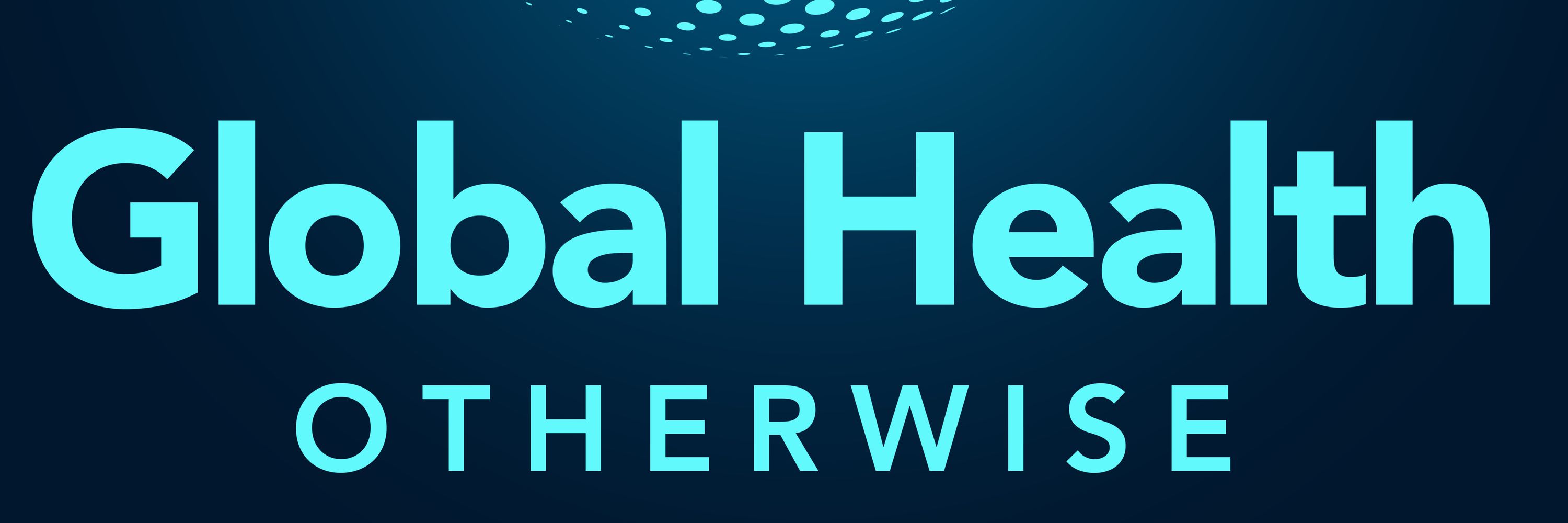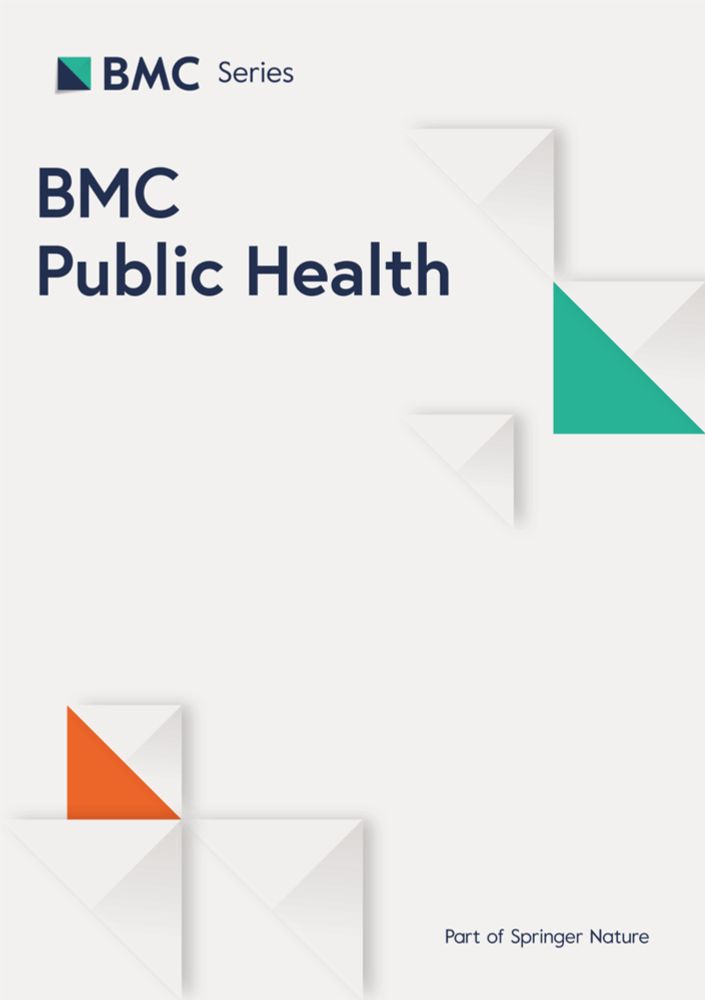Political economy analysis of health financing reforms in times of crisis: findings from three case studies in south-east Asia - International Journal for Equity in Health
Background Over the last decades, universal health coverage (UHC) has been promoted in south-east Asia (SEA), where many countries still need to ensure adequate financial protection to their populations. However, successful health financing reforms involve complex interactions among a range of stakeholders, as well as with context factors, including shocks and crises of different nature. In this article, we examine recent health financing reforms in Nepal, Thailand and Indonesia, using a political economy lens. The objective is to understand whether and how crises can be utilised to progress UHC and to analyse the strategies used by reformers to benefit from potential windows of opportunity. Methods The study adopted a retrospective, comparative case study design, using a shared framework and tools. The case studies mapped the contexts, including economic, political, social trends and any shocks which had recently occurred. A focal health financing reform was chosen in each setting to examine, probing the role of crisis in relation to it, through the key elements of the reform process, content and actors. Data sources were largely qualitative and included literature and document review (144 documents included across the three cases) and key informant interviews (26 in total). Results The findings, which bring out similarities and differences in the roles played by change teams across the settings, highlight the importance of working closely with political leaders and using a wide range of strategies to build coalitions and engage or block opponents. Changing decision rules to block veto points was significant in one case, and all three cases used participation and dialogue strategically to further reforms. More broadly, the links with context emerged as important, with prior conflicts and economic crises creating a sense of urgency about addressing health inequities, while in all countries appeal was made to underlying values to enhance the legitimacy of the reforms. Conclusion The lessons from these case studies include that technical teams can and should engage in Political Economy Analysis (PEA) thinking and strategizing, including being aware of and adaptable to the changing PEA landscape and prepared to take advantage of windows of opportunity, including, but not limited to, those emerging from crisis. There is a need for more empirical studies in this area and sharing of lessons to support future reforms to increase health coverage and financial protection, including in the face of likely shocks.



















